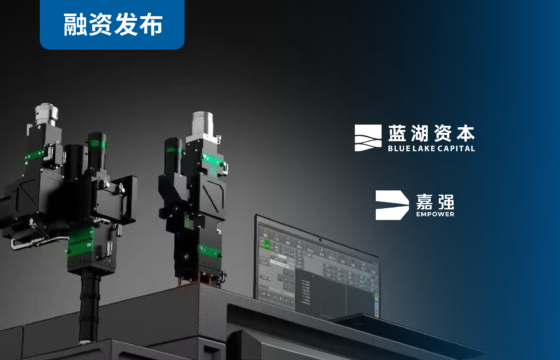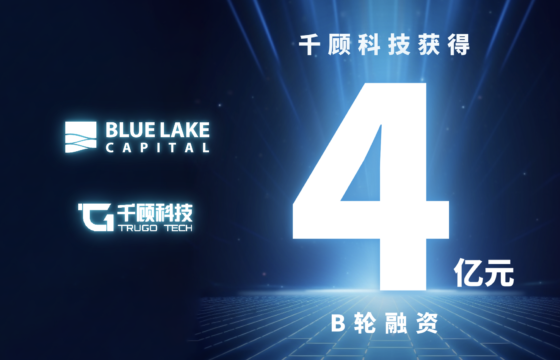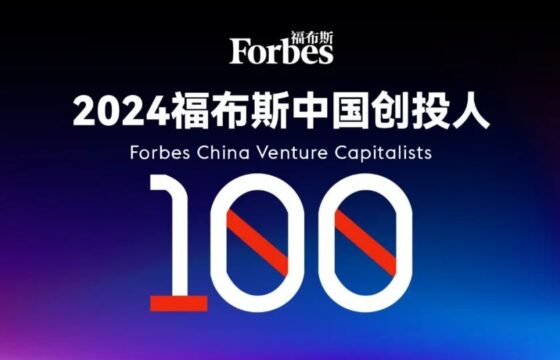Deal focus: Zelos targets rapid commercialisation in China autonomous driving
Haitao Wei, Partner of Blue Lake Capital, recently shared his insights with Asian Venture Capital Journal (AVCJ), highlighting investment opportunities in autonomous driving and Blue Lake’ s perspective on commercialization of L4 autonomous vehicles.
Read the full article here:
While many industry peers prioritise more proven but less advanced technologies to maximise customer appeal, Zelos will use its USD 100m Series A to roll out vehicles aimed at specific landing scenarios
Level-four (L4) autonomous driving technology, where vehicles are fully self-driving in certain situations, but the option of human override remains, has attracted considerable private investment in China. WeRide, WM Motor, Haomo AI, and Zhongmu Tech raised single rounds of USD 1bn in 2021 and 2022, largely on their bold ambitions for L4 robotaxis.
Now, conservatism reigns. Large tickets are no longer readily available, and start-ups are focused on near-term monetisation. The road leads in two directions: to L4 applications in industrial scenarios rather than mass-market consumers, and to L2 or partial autonomy solutions. Both offer the prospect of a quicker journey from prototype to pilot project to paying customers.
Zelos Technology, which recently received a USD 100m Series A round led by Meituan, is a case in point. Robotaxis and long-haul trucks are part of the vision, but low-speed L4-enabled freight vehicles are the company’s strategic priority. This category strikes the right balance between breadth of use – vehicles specifically designed for ports and warehouses were seen as too narrow – and commercial appeal.
“Is there market demand, a willingness to pay, and a potential route to profitability? How can we achieve commercialisation at scale? If we cannot answer these questions properly, we should not accept the risk,” said Yunjian Shi, head of financing at Zelos.
The company released its fifth-generation product, the Zelos Z5, last May. The vehicle has a capacity of 5 cubic meters, up from 1.7 cbm for the Z1, and a range of 140 kilometres. It is intended for long distance transportation between central warehouses, transfer depots, distribution centres, and stores – up a level from last-mile delivery and garbage collection in terms of technology needs and price point.
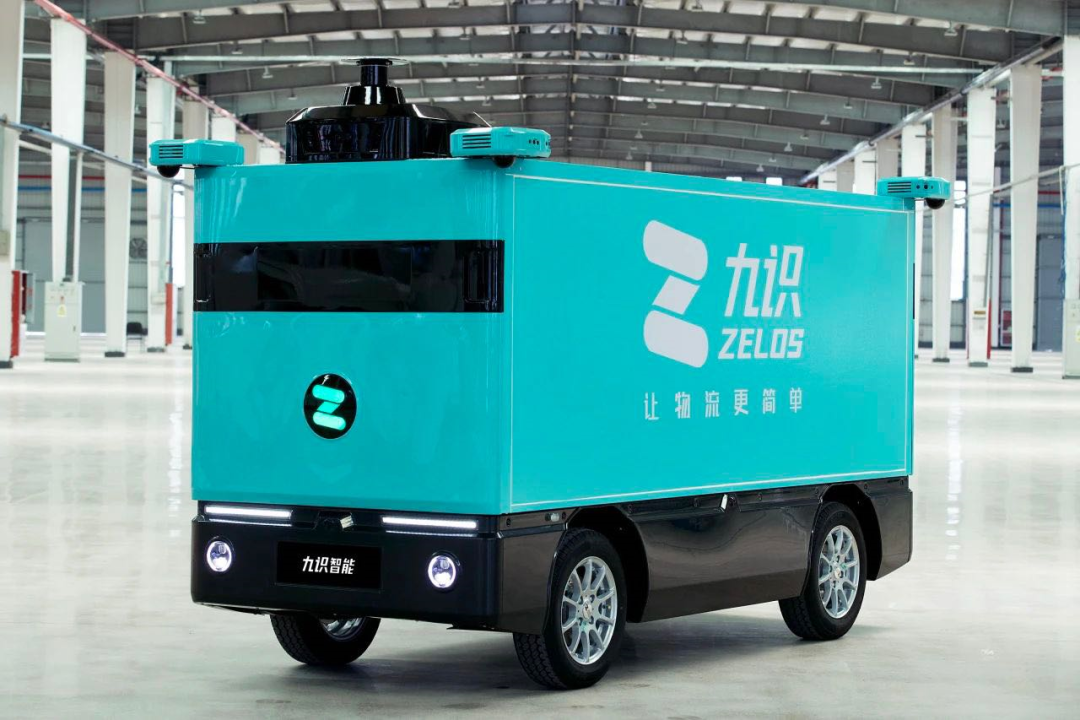
Over 90% of customers are small businesses, typically franchisors or distributors for leading logistics and retail brands like YTO Express, SF Express, CR Pharmaceutical, and Mengniu Dairy. Larger players want customised vehicles. Zelos offers standardisation, Shi explained, but the company tailored its offering based on customer feedback – for example, introducing larger load spaces for greater cost efficiency.
Blue Lake Capital estimates that China’s urban delivery market was worth CNY 1.5trn (USD 209bn) in 2023 with 20m vehicles on the roads. High operating costs and recruitment challenges are the major pain points in urban logistics, according to Haitao Wei, a partner at Blue Lake. Zelos claims to address both.
“Creating a self-driving vehicle enables greater productivity at a reasonable cost – we believe this will happen in China,” Wei added. “When assessing investment opportunities, we don’t merely focus on the technology; we also consider the commercial possibilities at the product level, driven by the transformative power of technology.”
The VC firm’s debut autonomous driving investment in China was a Series Angel round for Momenta, a provider of L2 and L4 solutions, in 2016. The company became one of China’s first unicorns in the space, closing a Series C of over USD 1bn in 2021. Blue Lake has also backed smart camera supplier Sensing, testing services provider ITImotor, chassis developer Trugotech, and sensor manufacturer Trensor.
It helped build Zelos from the ground up in 2021 by incubating a business idea developed in conjunction with Qi Kong, formerly chief scientist and head of autonomous driving at JD.com. Blue Lake re-upped in the Series A, which also featured Baidu Ventures, Unicorn Capital Partners, Xianting Private Equity Fund Management, Seekdource Investment Management, and C&D Emerging Industry Equity Investment.
The venture capital firm participated through its US dollar and renminbi funds, each in its third vintage. Co-investment was offered to LPs, including Unicorn, in both currencies.
Zelos was originally a pure software developer, but now hardware specialists make up about half of the company’s 180-strong R&D team. “To achieve stable commercialisation of L4 technology, focusing solely on algorithms may not suffice; hardware development is also essential,” Shi observed. “Additionally, with a longer value chain, we can generate more profit.”
The hardware element is not straightforward. When Zelos sought to expand capacity to 5 cbm for the Z5, chassis suppliers rejected the idea. The company responded by building its own chassis. It now has vehicles in operation across 50 Chinese cities and has also entered Singapore. Sales of the Z5 reached 1,000 units in December alone. Qi has predicted a tenfold year-on-year increase in sales in 2024.
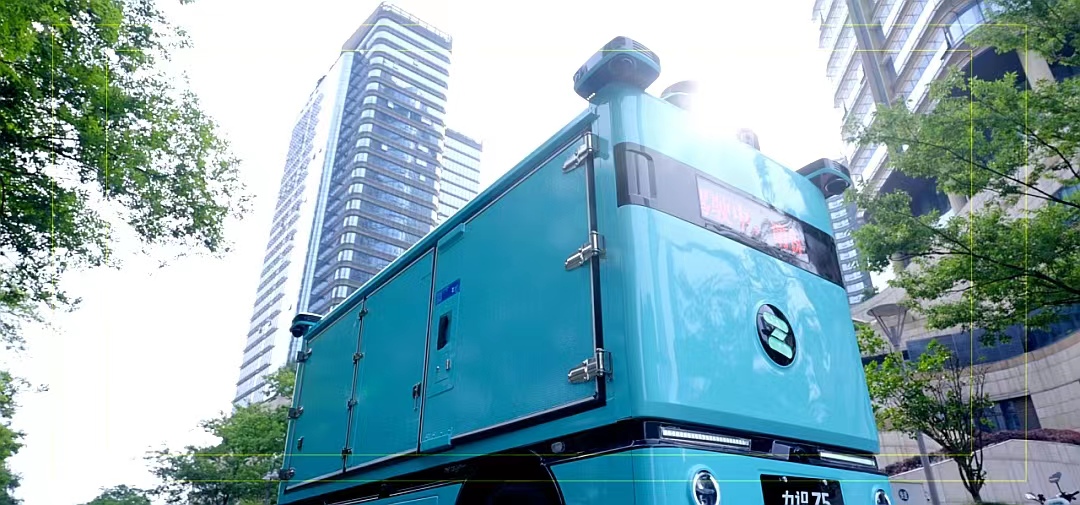
Zelos is not China’s only provider of L4 urban delivery vehicles – Rino Ai’s Baixiniu, Haomo.ai’s HDeliver 3.0, WeRide’s Robovan, and Neolix’s X3 Plus are all available, with some differentiation in terms of landing scenario. Shi said he wouldn’t be surprised if a handful of leading players end up accounting for the majority of market share.
Expansion into passenger vehicles will only be considered once the current product offering has achieved stable implementation. Risk factors include failing to maintain technology and product advantages – and thereby failing to satisfy customer demand – before entering mass production.
Blue Lake’s Wei observed that Zelos has already navigated the riskiest stage, going from zero to one. Product safety is a key concern on the road to commercialisation – but commercialisation must happen sooner rather than later.
“The competition barrier is formidable regarding commercial landing scenarios in unconfined areas. For intelligent products, the faster companies proceed with commercialisation, the more real-world data they collect for training and the better customer experiences they can provide,” Wei said. “Achieving seamless integration of software and hardware typically requires at least 2-3 years.”
© Mergermarket Limited, 10 Queen Street Place, London EC4R 1BE – Company registration number 03879547
Original article link:https://mergermarket.ionanalytics.com/content/1003765725
Related Reading
Follow us on Wechat
